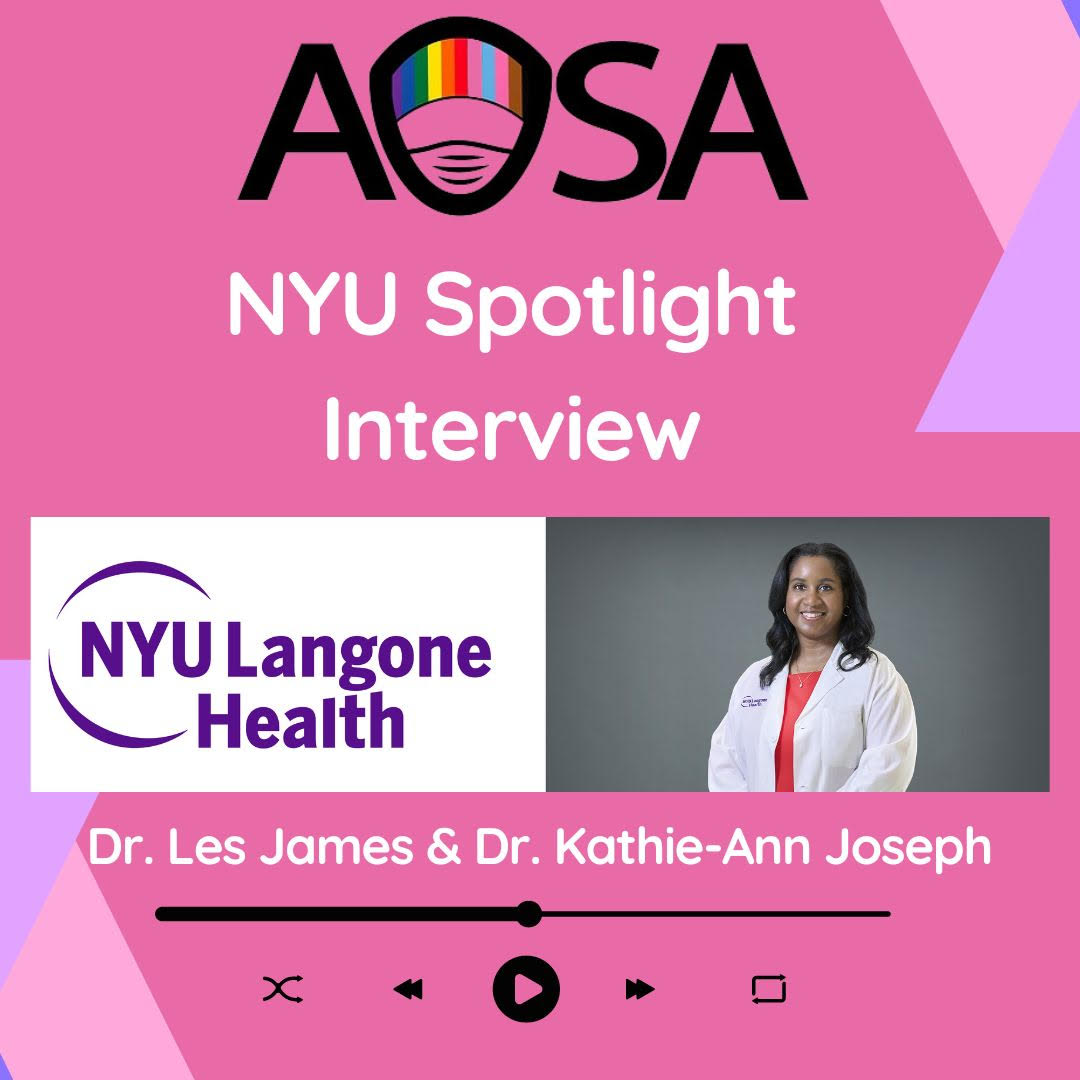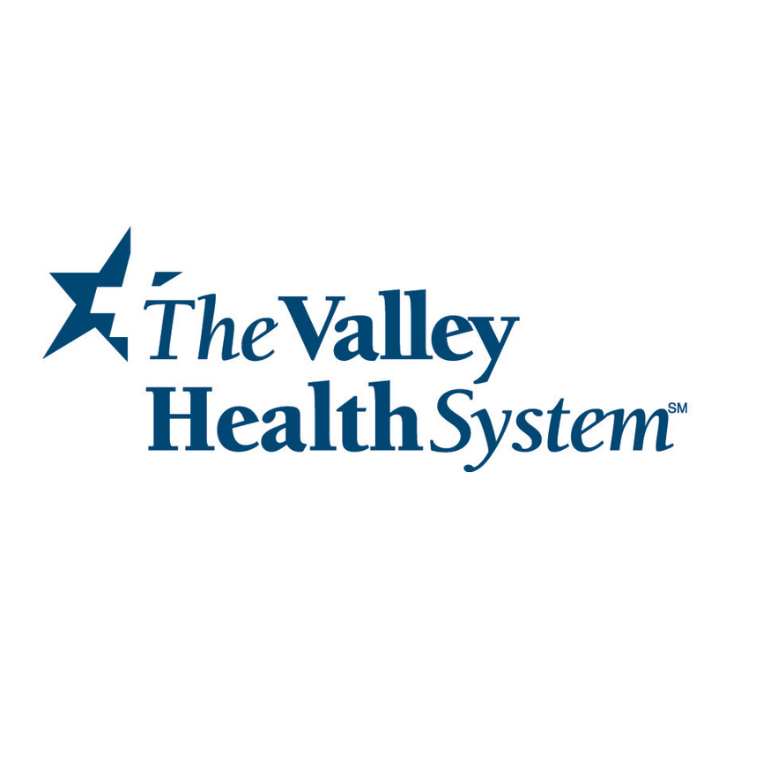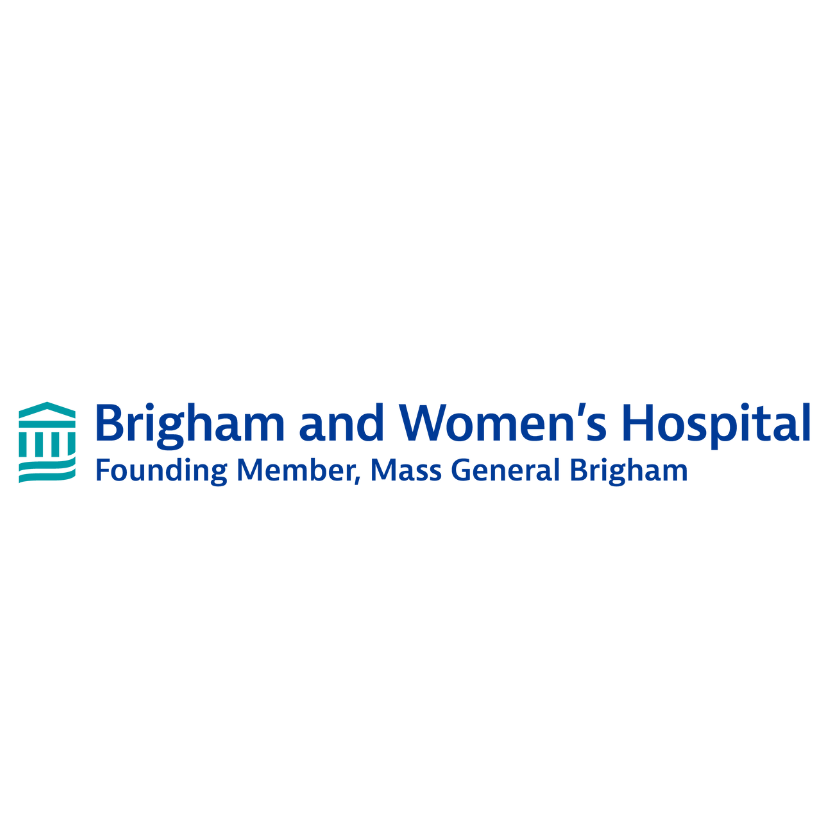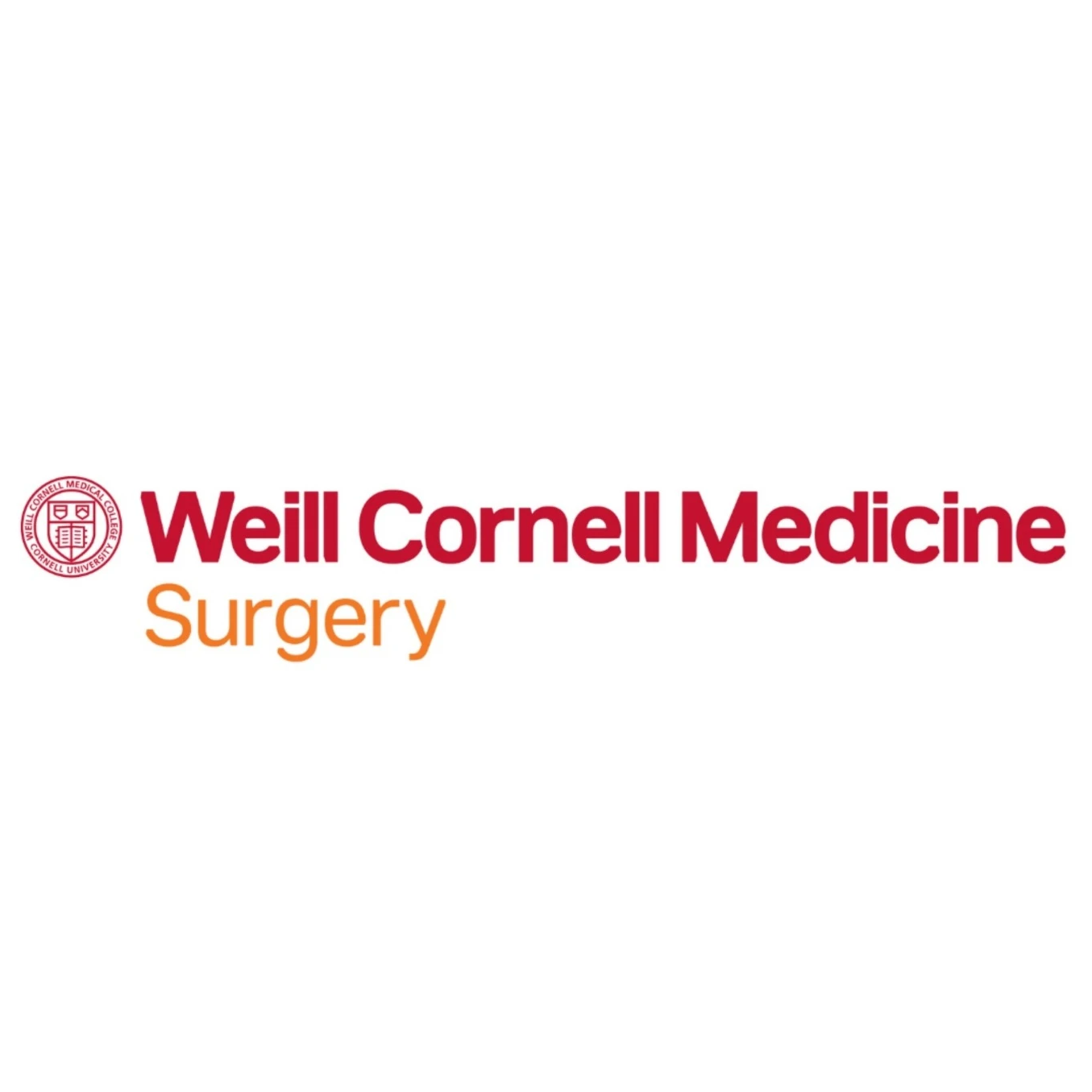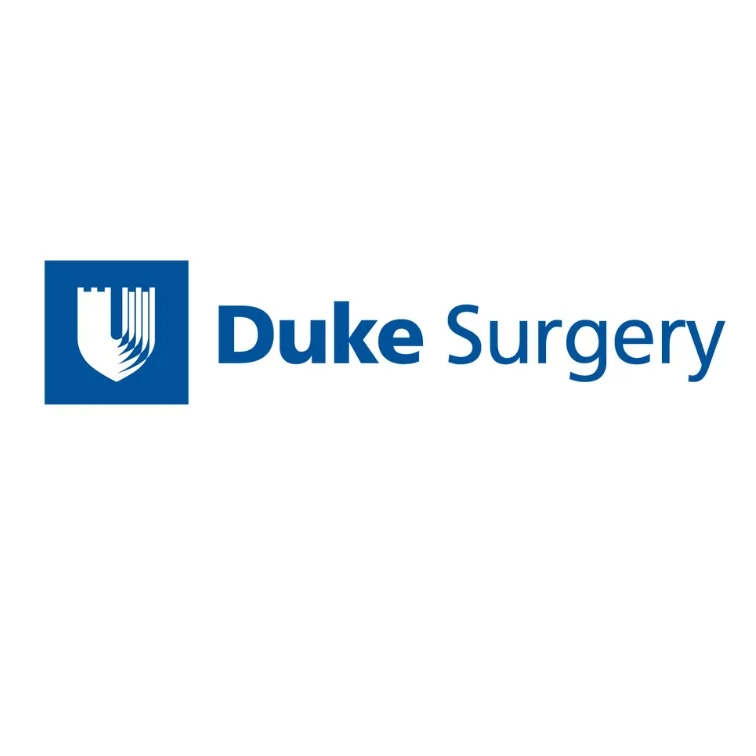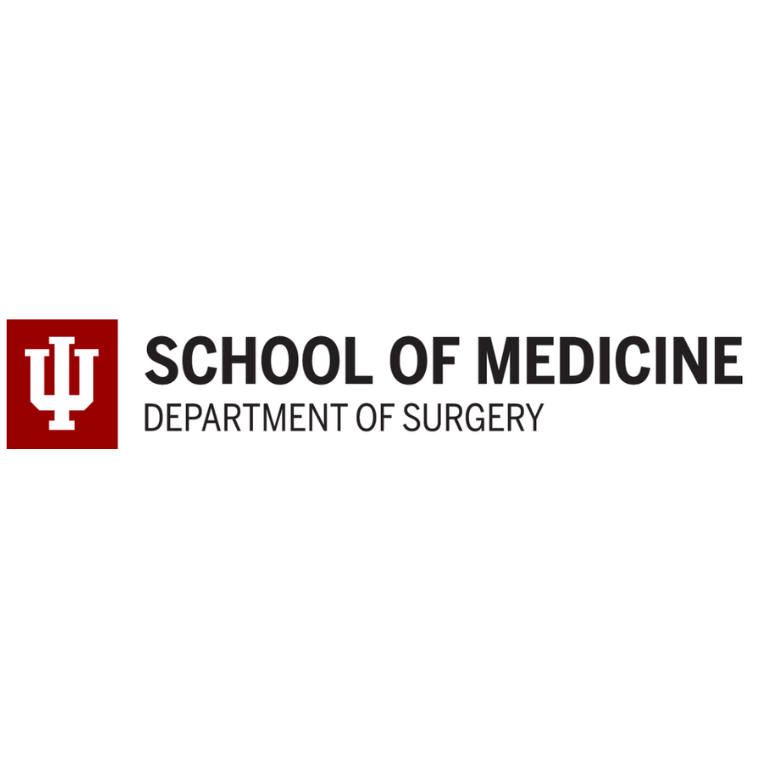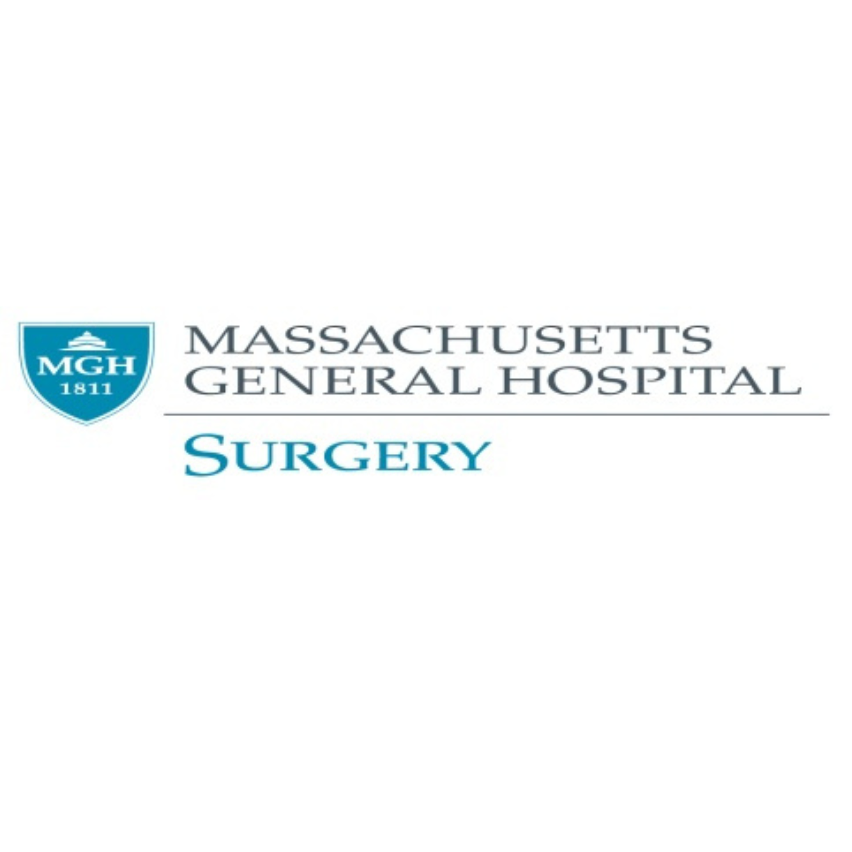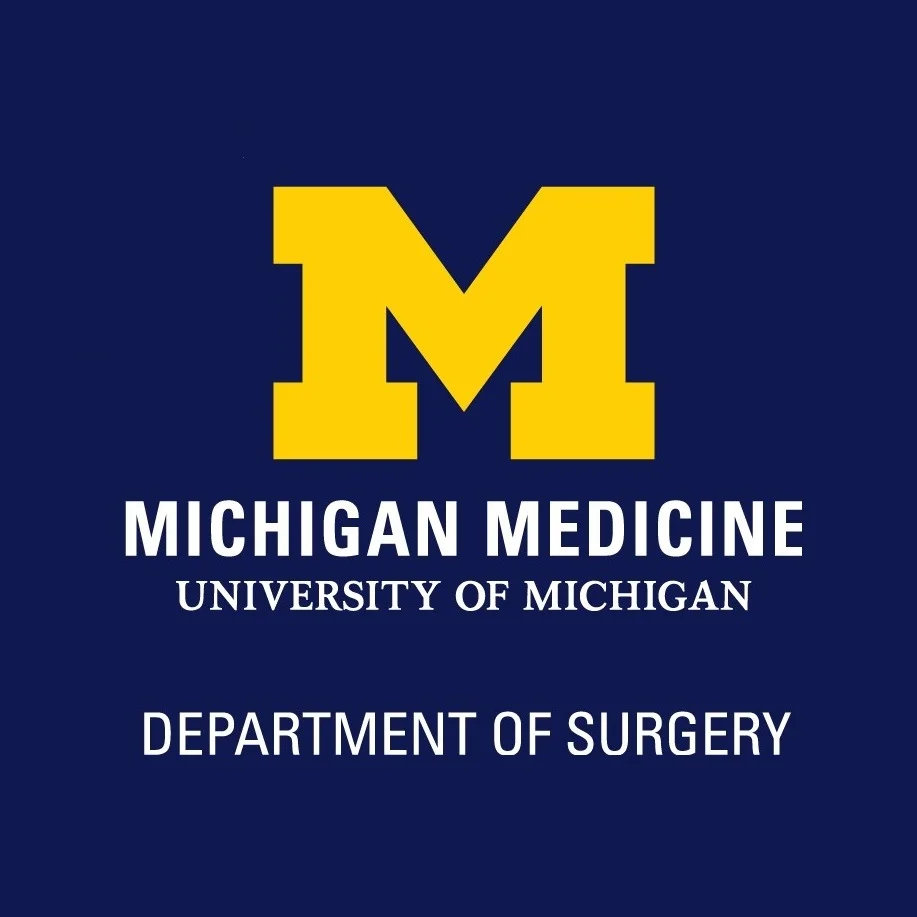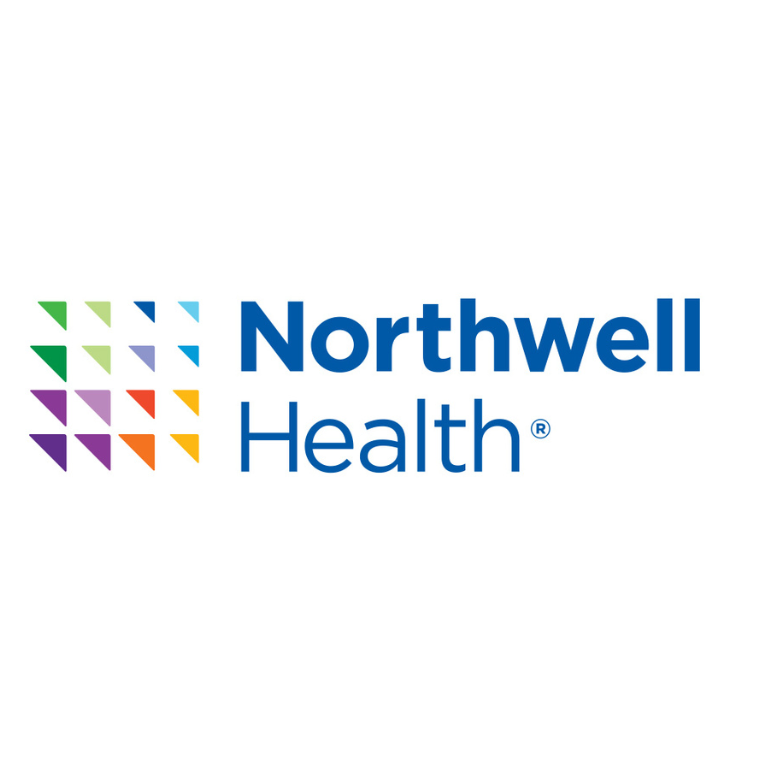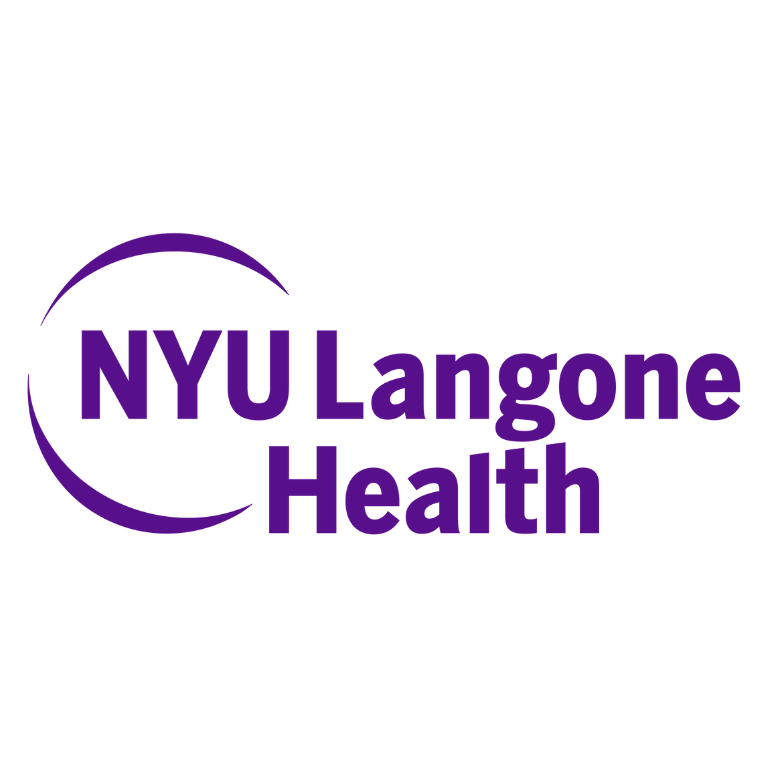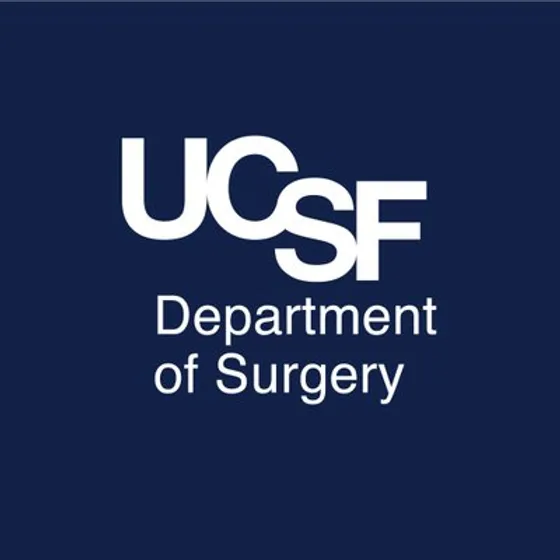NYU PRISM Spotlight Interview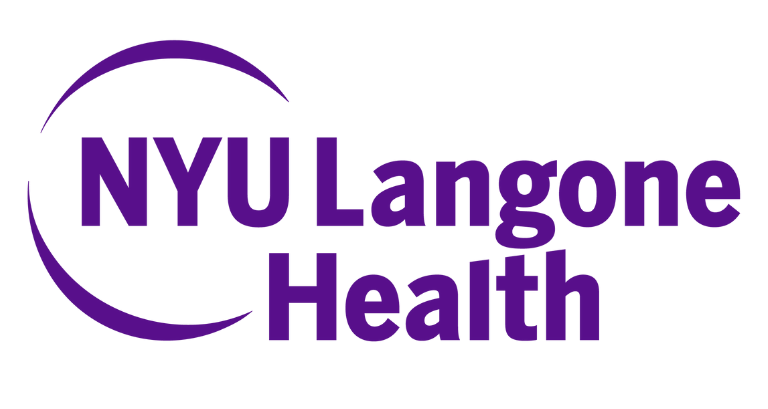 Join us for our July 2023 PRISM Spotlight Interview with NYU HealthWatch on YouTube | See additional content on our YouTube Channel
Watch on YouTube | See additional content on our YouTube Channel
NYU Prism Spotlight Interview
Elinore Kaufman
Thank you so much for being with me this morning for our spotlight interview about New York University from the Association of Out Surgeons and Allies. I'm Elinore Kaufman, I'm the secretary of AOSA, and in my professional life I'm a trauma surgeon down at the University of Pennsylvania. And I'm going to ask each of you to introduce yourselves and tell us who you are and how you’ve come to be here?
Kathie-Ann Joseph
So my name is Dr. Kathie-Ann Joseph, and I am professor of surgery and population health. And I am also the vice chair for Diversity and Health Equity for the Department of Surgery and the Transplant Institute.
Les James
My name is Les James. I'm a resident in general and cardiothoracic surgery. I'm a clinical PGY4.
When did you first think about, start to think about, LGBTQ+ people in surgery? What were your first impressions, ideas, concerns and how has that developed for you over time?
Elinore Kaufman
…for me, that happened because I was queer and I was going into surgery and it was evident to me in medical school that, that was not necessarily going to be a trivial thing. What were your first thoughts?
Les James
So I think for me as a gay person, I came from investment banking and tried to like everything in medicine but surgery because I knew it had a reputation for being pretty hostile to women, minorities, and LGBTQ people. But you like what you like, and I've been pleasantly surprised. I think because of a lot of work that's been done by people who came before me, surgery, at least in New York City, feels pretty, it’s like a non-issue, or feels like a non-issue to me. I think about LGBTQ people in surgery mostly now from like a recruitment and retention standpoint of how do you kind of dispel the myths that, “Oh, surgery’s…if you are, you know, anything but a straight, white, you know, 6 foot tall guy, can you do surgery?” So I think about it a lot from that perspective, of like recruiting and retention. And then also from being a visible person for patients who are coming into the healthcare system. I think that's a really important thing too. When we have patients who are LGBTQ+, you know, I think sometimes we see them at the darkest moments in their lives, and I think, you know, knowing that they, you know, can see a visibly queer person as their physician and surgeon is very important.
Kathie-Ann Joseph
Yeah, I would say I'm probably much older than the two of you. You know, when I was first training I think the people that I, I trained, there were people that I trained with that I think I know were closeted. And I saw them struggle. And I think it was, you know, I think it was extremely difficult for people training in surgery or surgical sub-specialties to be out, be in surgery and be out at that time. And we didn't have that language and the resources to support people or LGBTQ. And I think it impacted the choices that they made. I can only imagine, you know, you can't be your best self and be yourself. And I think, I think the one person in particular, and possibly because I'm, you know, I was for most of my residency being the only black person, much less the only and being a black woman, that person felt comfortable in, we were at a conference, and bringing his partner to me. He, you know, he came out to me. But I can only imagine what it must have been like, not being able to be your full self, you know, to talk about your partner, you know, while everyone else is talking about their significant others. So as an ally, you know, there just wasn't even that those conversations back then. So I think we've come a long way, but we have a lot more to go. And I think that, you know, I think we all have to be allies and I don't think you can just be silent and be on the sidelines not saying anything. And I think, you know, our department has been much more open about, you know, having these conversations and making it a welcome environment for our residents. We want, you know, we definitely want to have a diverse community and people that bring their best selves and residents who are LGBTQ or students to feel like if they want to come here for their residency, that this is a place where they feel safe. We also want to be able to have our faculty, our trainees, able to have the tools and the resources to be able to manage patients who are LGBTQ. We're in New York City. And we didn't have that when I was training, so I think it's extremely important and that's why I'm so happy that we now have AOSA also as a resource for residents, trainees, and faculty.
Elinore Kaufman
Yeah, thank you. I think, just going back to something that Doctor James said, it's kind of, it's true right, I think things in many places, things in many parts of the country have changed dramatically for the better. Things in many parts of surgery have changed dramatically for the better, and you can be in a place where it feels like a non-issue. But then when you're talking about recruiting people or students or young people joining the field, or when you're talking about patients, they may still be expecting a lot of that hostility, even if it's not necessarily going to be there, and then of course, there's some circumstances where it is going to be there. So, so all of that is true at the same time.
What made [NYU Langone] want to become an institutional member?
Elinore Kaufman
…NYU was one of our first institutional members for AOSA, which is super important to us as an organization to have the institutional members and that form of allyship on the broader level on that statement. What made you want to become an institutional member? I think this question is really for Doctor Joseph who signed up.
Kathie-Ann Joseph
Sure, it was, it was a no brainer. I mean, first of all, Nicole is at our institution.
Elinore Kaufman
Yeah, you couldn't hide.
Kathie-Ann Joseph
Yeah, we couldn't. And so when she approached us, I mean, she's a founder of AOSA. But I mean, it was, there was no question we were going to support this. You know, it just goes with our mission of supporting LGBTQ residents and faculty, our mission for diversity. So there was no question that we wanted to, we wanted to be a founding member. You know, we wanted to support Nicole in her vision for the organization. So, you know, there was no question that we were going to do this. When I approached Dr. Montgomery, Bob, our chair about this, he said, “Absolutely.” And so we wanted to see the organization grow in its mission of supporting this and we hope that more surgical departments sign on to this. It's important. I mean the political climate is changing and not for the better. And so I think it's even more, the work that AOSA is doing is so important. I mean, as I said before, we just can't sit on the sidelines and education is important. We have to be more, more vocal and more welcoming to LGBTQ and for just to talk about DEI, and we have to think of other strategies and also the impact that this is going to have on patient care. So there was no question that we were going to be founding members.
Elinore Kaufman
So let me ask you about that, because you've mentioned that you have tried to, and it sounds like you've had a lot of success, being inclusive and making people feel comfortable. How do you do that? What has your department done that you think has worked? Because our hope is that our institutional members are not only supporters of the organization but can be, you know, be role models for other departments that are trying to figure out what to do. And also, you know, can be in conversation with each other about strategies. What have you done intentionally that you think has worked?
Kathie-Ann Joseph
So, we're doing things at the department level and also institutionally, you can't do it all on your own. And Les can tell you she's been very involved in, and we've drafted her. We've been, we have, so we've revamped our residency curriculum and we have integrated DEIA into our residency curriculum and this is, you know, part and parcel of our curriculum all through the year. And we've also now we've also integrated this also into the our NYU Brooklyn campus, which is a separate residency program. So now we're doing this cross collaboratively. So this is so important that we just think this is something we need to be collaborative about this. And so we're in August, we're doing, we're bringing the two residencies together and having them come to our Manhattan campus and we're doing a day where we're talking about LGBTQ issues. In addition to that, for the faculty, because they need to be educated on this as well. We have our cultural complications and, you know, patient care issues that come up are discussed and so that's where these issues come up as well. But on an institutional level, this is important to integrate this and I have an institutional role in this, and so we're making sure that all of the, you know, we're collecting data on sexual orientation and gender identity very carefully across all of our campuses because we can't make changes in patient care if we're not collecting data on all of our patients. Whether it's on race, ethnicity, sexual orientation, gender identity, to know how, you know, to make really, to make interventions on patient care. And also educating our staff, misgendering, how do we prevent that, these are all things that we are tackling across the institution. Educating our nurses, educating our dining staff, things like that. So it's not just in the department we're doing that, but it's across the institution. This has to come from the leadership, the executive leadership. And so the message has come from the top down and that's how you start to create change. It can't just be one person.
Elinore Kaufman
Yeah, I think that makes a lot of sense. It's really interesting. Maybe Les if I can ask you to add some specifics to what Doctor Joseph said in terms of the resident education, what does that, what does that mean? What does that look like?
Les James
So I think I, I think residents are kind of like wet clay, right? You have like, I mean I say that as a very proud piece of wet clay. You can be molded by the culture around you, right? And so when I think about talking about NYU or why I chose to come to NYU, I think about like, we take care of the patient no matter what. And we take care of the patient in a way that's respectful and inclusive of their culture and identity. We provide the best care possible, no matter of like race, creed, ethnicity, SOGIE, income/insurance status, and I think that I really feel that kind of from the top down as something that must be at like the cornerstone of how I operate, both figuratively and literally. In terms of specifics, I think it's really important, like Doctor Joseph mentioned, we have now a dedicated time at our Morbidity and Mortality Conference to discuss cultural complications that come up. So I think one of the things that people who maybe are a few decades, you know, into their careers, have a real fear of, like, cancel culture and like, Oh my God, if I don't get it 100% right all the time, then I'm just like the worst person ever and I shouldn't even talk to medical students. And I think it's really important to have a forum like cultural complications where you can hear people say like, hey, I misgendered this patient, they felt really, not OK, prior to their surgery in pre upholding and that's a mistake I made. And I think, hearing surgeons discuss mistakes that they make not only with respect to like operative planning and decision-making post op, but also in in terms of like respecting and caring for patients holistically, it's really critical. It's probably one of the most important things I've taken away from my education here. It’s like you have to admit your mistakes and learn from them. So I think watching our faculty do that is really impactful. You operate from a place of like I can't be defensive, I have to be moldable and willing to grow from each patient interaction. I don't know if that answers the question. Then in terms of, you know, what we do on the resident level, I think that there's a real emphasis on like this also comes from the top down like we're like a surgery family and that means like Doctor Joseph doesn't just know about me, she knows who my partner is, she knows my partners is a [inaudible] organizer, like she knows about me. She knows me. I feel like that's good, right? Because, like, it means we can, I can look to her for mentorship and guidance and advice, and she knows where I'm coming from and I think that our faculty really like, I've noticed, like multiple of the new interns, the faculty will say like, oh, do you have a partner? And they're very careful about saying, like, the word partner, you know, what do you do for fun? They make it kind of inviting. And I think that's really important in terms of cultural tone.
Kathie-Ann Joseph
I also just wanted to add Elinore that when we have these cultural complications, when we have these difficult conversations sometimes, we do it in a safe space. So that people, you know, you know that people are coming from different, you know they're at different places in their journeys of understanding and, you know, people want to learn. And we know that some people are not quite there yet. So we know that, you know, some people may feel uncomfortable or afraid to ask questions, but we want it to be in an environment where people can ask questions if they don't know. Sometimes people just don't, they really don't know what to ask.
Les James
Yeah, that I feel is so like, I've had surgeons who specifically have asked me, like, so what is it with like the pronoun thing, like how do I do it? Which is like, kind of crazy if you think about it, because I asked them the same question, like so how do I do the incision? Like, can you just show me? And so I think that if you make the space for that it, it kind of creates an environment where like we're all kind of learning together, and I think that's good.
Elinore Kaufman
And I think with both of those examples, probably a lot of the time, say once you have a little bit of experience with it, it’s really not very hard. And both very learnable, learnable skills. Some incisions are hard, I guess.
In the spirit of any cultural complications that have occurred, have you encountered any resistance? Any pushback? Tried anything that didn't work that the rest of us can learn from as well?
Kathie-Ann Joseph
I wouldn't say we got, I can't think of any pushback. I'm not going to say that people haven't, there hasn't been any silent kind of like, “I don't know why we're doing this kind of thing,” that hasn't been said aloud. But I can't think of any obvious pushback or anything that has happened. I think because it has been sort of from the leadership that we're doing this, it's sort of, you know, the culture has been set that this is now what we're doing. And so, I don't know Les if you've heard anything, but I haven't had any pushback on anything.
Les James
So I think there is always like some resistance, right? And I think that comes from a place of fear always. People are afraid of the unknown, but what I think is interesting is if you create like that little crack in the door, people who initially at first or like why are we doing this? Why are we spending 1/2 an hour talking about cultural complication? It percolates for a little bit. And the next time it comes around, they say something, and you're like, oh, I didn't expect to hear that out of your mouth. So, I'd say the negatives are like that initial resistance. But, I think you just, I think that's the price of admission, right? You can not talk about the hard stuff and then you never know how anyone feels about anything. Or you can talk about it, and you can see where you're kind of like, weak points are.
Kathie-Ann Joseph
Yeah, you get these snarky comments, you know the things.
Les James
We're thinking of the same comment.
Kathie-Ann Joseph
Yeah, but I mean, yeah, I mean you just keep going, you know, and eventually people, these same people kind of get engaged after awhile.
Les James
It's actually, it’s actually very true, like they do get it.
Kathie-Ann Joseph
They're like, “Hey!”
Les James
Yeah, yeah.
Kathie-Ann Joseph
They start, you know, they start, they're the ones that end up, you know, being the most vocal at these at these meetings. So it's interesting you know, so we just keep going and you know and we've, we've tinkered around with our model, you know, to give some feedback. You have to be, the way we do it now is not the way we started, and I was very open to feedback from lots of people, from residents, from faculty, about how we modeled our cultural complications. And so we definitely changed it up a couple times to kind of get more engagement from the faculty and so forth. You know we wanted people to speak up and to feel like they could be heard and not like you know we would present the case and there is like silence in the room. You definitely have to, you know, we definitely tried to get feedback and figure out the best way to do it, and talk to those people who kind of sometimes were giving those little snarky comments and so forth.
Elinore Kaufman
Yeah, I mean it sounds like you've been able to win some people over, which is not necessarily easy.
Kathie-Ann Joseph
Yeah, yeah.
Les James
Yeah, changing hearts, changing hearts and minds is the NYU way.
Elinore Kaufman
That’s great to hear.
Kathie-Ann Joseph
Yeah, just go to them one-to-one and say hey what did you think? Or what, you know, or I want to know what you thought about it, you know? You know, how do you think we can improve or what were your thoughts about this morning's conference? You know, make it productive.
What's on your wish list for the future? Either for your institution or for surgery in general? Where should we go next?
Les James
I think if you, again I probably have less of a birds eye view than Doctor Joseph, but I think if you continue to create this space, like culture, the culture of surgery has changed like so dramatically from like 10-15, 20-25 years ago. It's like, I'm sure, almost unrecognizable to people. And I think like some of those changes are really positive, right? I think the emphasis on creating culturally competent surgeons is really important. I still think we have like a lot of work to do, especially in like, some of the surgical sub-specialties, orthopedic surgery, comes to mind, so does cardiac surgery, some of the transplant surgery also comes to mind in terms of being more inclusive of women and minorities. I think that in order to do that, we need this kind of like next generation of leaders to be upwards facing. I think when I applied to medical school, I checked on Association of Women in Surgery and there were like 20 chairs who were women and that was in 2018, out of how many programs in the country? I feel like it's a big number, it’s not a big percent. I'd be interested to see how that number is now and five years from now. So I would like to see that, like more diversity at every level of like the spectrum from like late career to mid career, early career residents, medical students, I think that's top of my wish list.
Kathie-Ann Joseph
I would also add that we've made, there's definitely, I agree with Les, there's been a lot of positive changes in surgery. However, I don't want to be the Debbie Downer, but I just sort of feel like I'm a little nervous about the political climate right now, I've said this before. I just feel like this is the moment where we can't, we have to keep our foot on the gas. And so I think this is why it's so important this, you know, why the work that AOSA is doing is so important. Why it's important to continue the education component. Allyship is important. And surgery departments need to create these safe spaces. You know, this is not just something that is unique to surgery. This is, this is, I almost feel like this is indicative of what's going on in our country and we need to, you know, what we do here can impact what's going on outside of, you know, the hospitals, the four walls of our hospitals. And we need to make sure that our patients are getting great care. And that they feel safe when they come into our hospitals. So I just feel like we can't just, you know, for those of us who are not LGBTQ, we need to understand and be allies and be able to speak up. We can't just be silent. And we need to be aware of what's going on. And so I think that's why, you know, it's important that we teach our medical students, our residents, our faculty, are aware of our colleagues that are LGBTQ but also the impact of healthcare in LGBTQ communities.
Elinore Kaufman
Yeah, I mean, I kind of try to convince myself that what's going on in the public sphere is the last gasp of a dying worldview. But I don't know that that's really true. And I do think that, you know, legislative advocacy is incredibly important, but I also think these, sort of, the worse the public sphere gets, the more important it is what our institutions do. And it is especially, sharp, I think for those of us in healthcare to have laws and policies that adversely affect our direct care of our patients, our surgical care of our patients and our medical care of our patients.
Is there anything else you think we should know?
Kathie-Ann Joseph
No, I think surgeons are leaders and we can make changes. So, if anyone can do it, it’s us.
Les James
Yeah, I think that's very true. I think it is telling that I have watched this department over, I've been here, oh my God, six years now, too long need to graduate. I feel like I've watched this department transform into a place where it was like, oh, it's like subtly okay to be gay, it's not a big deal. To now it is like, listen, we are all going to the pride parade and if you're not there, you're square. And that is great to see and to have it just be a total non-issue, it's really wonderful.
Elinore Kaufman
And you may feel like you've been there for too long, as we all do in residency, but that's not a long time. That's that's a meaningful change in a short time.
Kathie-Ann Joseph
Before you know it you'll be like, wait, I'm out, I'm done. No, I mean, I honestly, I think it's the change I've seen over the past, not going to say how many years, has been tremendous. So I am totally, totally, so proud of the work that's been going on. But like I said, I think surgeons are the ones that can be the change. And so I think that, that's where AOSA is going to make those, lead the change as an organization and work with other partners in surgery all the other surgical organizations. So I think that's exciting. <END TRANSCRIPT> |

